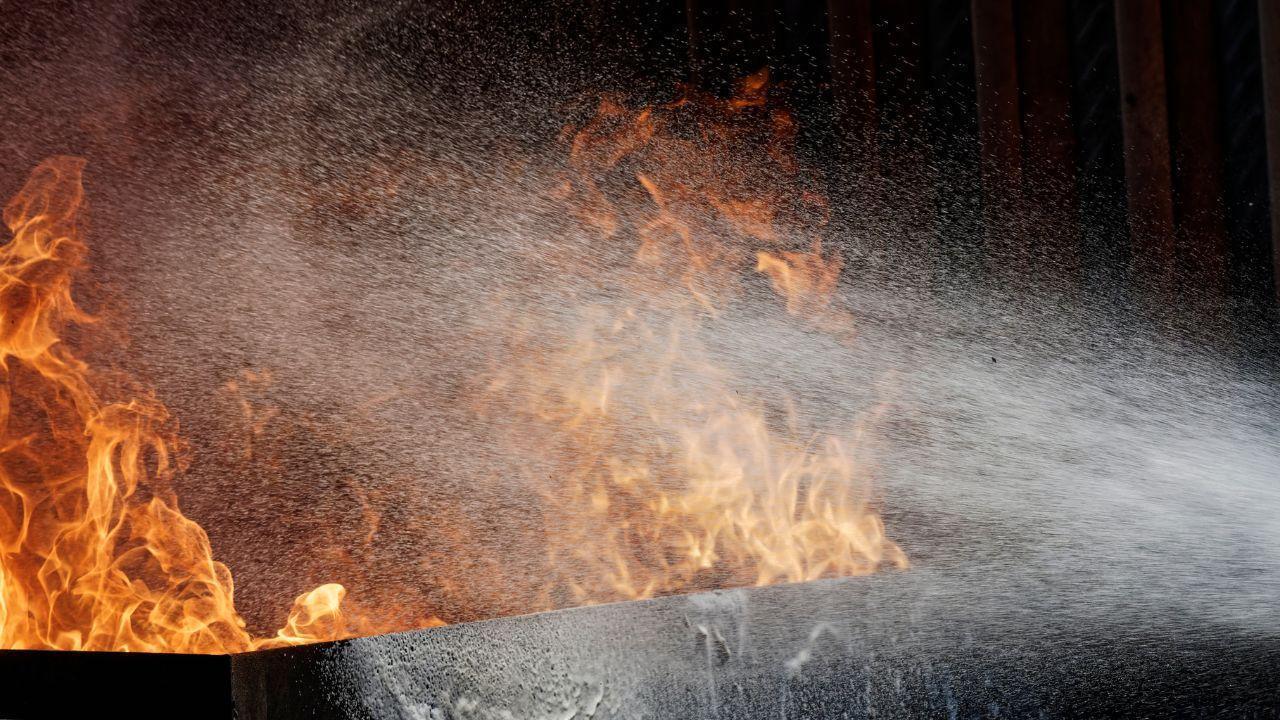You have not yet added any article to your bookmarks!

Join 10k+ people to get notified about new posts, news and tips.
Do not worry we don't spam!

Post by : Sameer Farouq
Survival in extreme conditions is more than just courage or luck—it’s about understanding the fundamental needs of the human body. When stranded in the wilderness, lost during an expedition, or facing natural disasters, the two most critical resources are food and water. Knowing exactly how much you need, and what kind of nutrition to prioritize, can mean the difference between life and death.
This guide explores the minimum food and water requirements for survival, the role of nutrition in maintaining physical and mental performance, and practical tips for emergency situations.
Water is arguably the most critical element for survival. The human body loses approximately 1.5 liters of fluid daily through natural processes such as sweating, urination, and breathing. However, this requirement increases dramatically under certain conditions:
Hot environments or physical exertion: Sweat losses can reach up to 2 liters per hour, making hydration a top priority.
High-protein diets: Processing protein increases urinary water loss, which can exacerbate dehydration.
Metabolic water from food: Carbohydrates and fats can generate about 500 milliliters of water daily, slightly reducing the need for external water sources when food is available.
Understanding the impact of water loss is crucial:
5% body water loss: Headaches, fatigue, and reduced cognitive performance.
10% loss: Dizziness, severe weakness, and impaired physical coordination.
15–20% loss: Organ failure, risk of death within days, especially in hot climates.
Keywords: survival hydration, minimum water for survival, dehydration stages, emergency water needs.
While water keeps you alive, food provides the energy and nutrients required for the body to function effectively. The average human requires approximately 1,400 calories per day to maintain essential functions at rest (basal metabolic rate).
Choosing the Right Food
In survival situations, the type of food matters as much as quantity:
Carbohydrates and fats: Offer energy and produce metabolic water, supporting hydration.
Protein: Essential for muscle maintenance but requires more water to metabolize. Overconsumption without adequate water can accelerate dehydration.
Calorie-dense foods: Prioritize nuts, dried fruits, and energy bars that provide both energy and essential nutrients in minimal volume.
Consequences of Malnutrition
Without proper nutrition, the body begins to break down muscle tissue for energy, weakening physical performance and mental acuity. This can compromise your ability to navigate, signal for help, or maintain core body temperature, increasing survival risk.
Keywords: survival nutrition, calorie-dense foods, emergency food essentials, protein and hydration balance.
Water Guidelines
Aim for at least 1–2 liters per day under normal conditions.
Increase intake based on physical activity, heat, and altitude.
If water is scarce, prioritize fluids over food, as the body can survive longer without calories than without water.
Consider natural water sources (streams, rainwater) but purify before drinking to avoid illness.
Food Guidelines
Prioritize high-calorie, low-volume foods that are easy to digest.
Focus on items that also provide some water content, such as fruits or vegetables if available.
Ration food to maintain energy, but avoid prolonged fasting if water is limited, as metabolism slows and the body uses stored fat inefficiently.
Many survival experts recommend assembling emergency kits containing:
Water: 1 gallon per person per day for at least 3–7 days.
Food: Non-perishable, calorie-dense items like energy bars, canned food, and dehydrated meals.
Supplementary items: Electrolyte tablets, compact cooking tools, and water purification tablets.
Plan ahead: Know your location, environment, and access to food and water.
Stay calm: Panic increases dehydration and calorie use.
Conserve energy: Minimize physical exertion, especially in extreme heat.
Prioritize water over food: Dehydration is a faster killer than starvation.
Monitor your body: Watch for signs of dehydration and malnutrition, such as dizziness, fatigue, or confusion.
These strategies, combined with knowledge of minimum requirements, significantly increase your chances of survival in emergency scenarios.
Water is the most critical survival resource; dehydration can become fatal within days.
Food provides the energy and nutrients to maintain physical and cognitive functions, but water intake should be prioritized.
High-calorie, nutrient-rich foods that produce metabolic water are optimal for survival situations.
Understanding and rationing your resources, and having a well-stocked emergency survival kit, are crucial for any outdoor adventure, expedition, or disaster preparedness plan.
By mastering the essentials of food and water requirements for survival, you empower yourself to respond effectively to extreme situations and improve your chances of staying alive until help arrives.
This article is intended for informational purposes only. Survival needs can vary based on age, health, climate, and activity level. Readers should not rely solely on this information in emergency situations and are encouraged to seek professional training and guidance in wilderness survival and emergency preparedness.










Bahrain Health Minister Meets Child Psychiatry Association Leaders
Discussions focused on strengthening child and adolescent mental health services and expanding preve

Bear Attack in Gua Musang Injures Teen Forager in Forest
19‑year‑old Orang Asli forager bitten by a bear in forest near Kampung Guh, Gua Musang rushed to hos

Saudi Arabia Braces for Multi‑Day Dust Storms and Strong Winds
Saudi Arabia’s National Center of Meteorology issues Red & Orange alerts as dust storms, strong wind

Cumilla Gas Cylinder Blast Injures Four Two Critical
Family of four, including a toddler, injured in Daudkandi, Cumilla gas cylinder blast two in critica

Social Media Sparks Deadly Mob Attacks on Bangladesh’s Star and Prothom Alo
Online incitement on Facebook fueled mobs to burn Dhaka newspaper offices and cultural centres, whil

Jailed Ex‑PM Imran Khan Gets Follow‑Up Eye Treatment Stable
Pakistan’s former prime minister received second eye injection at PIMS Hospital officials say he was